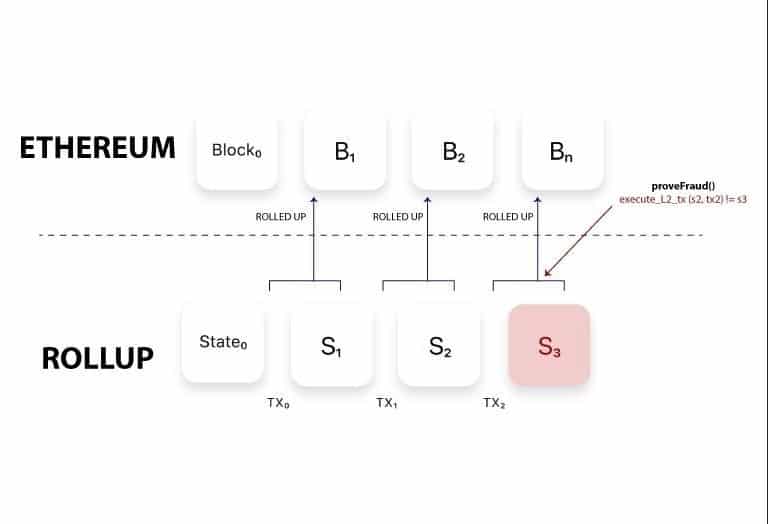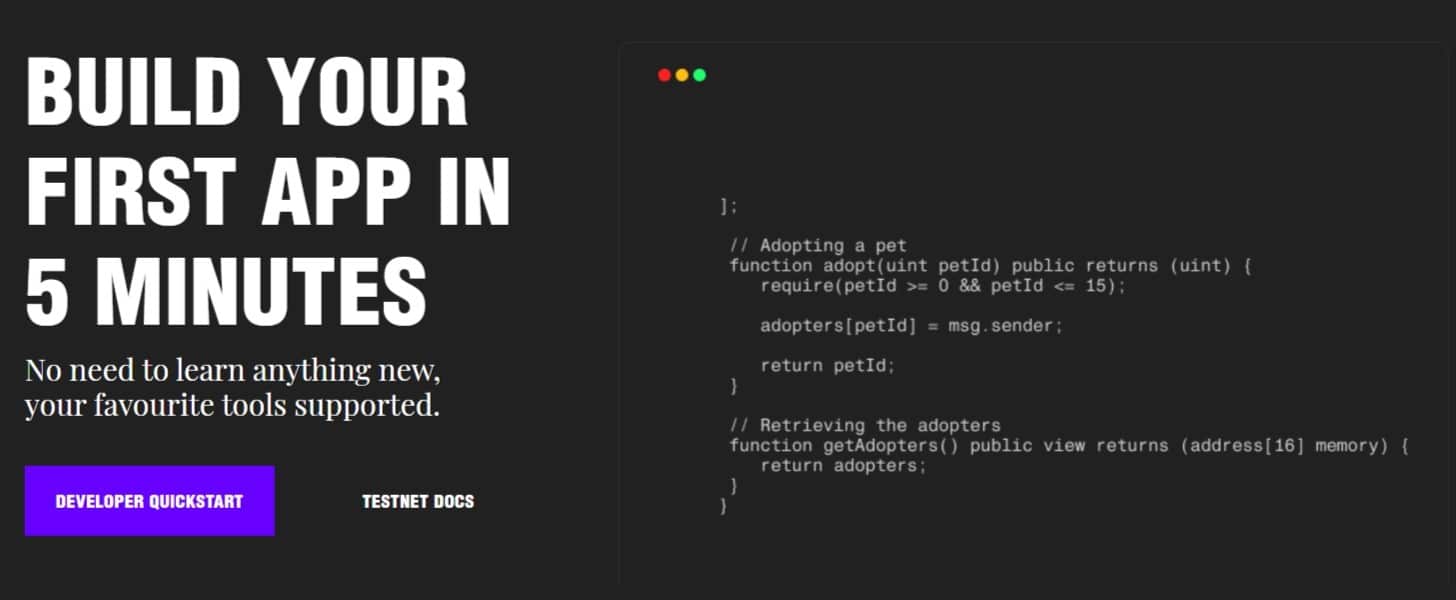Developed by Offchain Labs, Arbitrum is an Ethereum-based scaling solution for all kinds of decentralized applications, including high-performance DeFis, NFTs and on-chain games. With the help of its flagship Optimistic rollup protocol, Arbitrum users can benefit from Ethereum-level security for a lower price and faster speed. Here’s how developers can deploy an Arbitrum node for their platforms.
IMAGE: UNSPLASH
What Is Arbitrum?
This scalability solution built on top of Ethereum is compatible not only with all EVM-based chains. Arbitrum utilizes Arbitrum rollup, which is a form of optimistic rollup that works by “rolling up” transactions into sets of data. These sets of transactions are assumed to be valid. Ethereum (ETH) therefore sees the batch of ‘rolled up’ transactions as a single one – and charges it accordingly.
As such, using rollups allows dApps and their users to save on transaction fees and to speed up their protocols. Arbitrum settles transactions on a sidechain before reporting them back to Ethereum. However, it is possible to challenge this decision if a validator is suspected of malicious or fraudulent activity.
How To Use Arbitrum?
Arbitrum is a community-oriented platform, with a user-friendly interface. In addition to its increased functionality and top-tier scalability solutions, Arbitrum makes things easier by running two parallel chains – the Arbitrum One and Artbitrum Nova. Both offer Ethereum-level security; however, the first one is used mainly for optimistic rollup, while the second is an AnyTrust chain with ultra-low fees.
Arbitrum can handle decentralized finance protocols, on-chain games, marketplaces, and other types of dApps.
Beginners can start experimenting with Arbitrum’s infrastructure by trying out the ‘Developer Quickstart’ module, whereas for more advanced projects, Web3 developers can use the Offchain Labs’ official detailed documentation.
Run Arbitrum Nodes With GetBlock
GetBlock is a Blockchain-as-a-Service provider for over 40 networks, including Arbitrum. It offers shared nodes and dedicated nodes for Web3 developers. These are cost-efficient, fast and geographically distributed crypto node solutions for increasing your dApps performance. Let’s take a quick look at how devs can benefit from GetBlock.
Shared Nodes For Arbitrum
Arbitrum shared nodes hosted by GetBlock are the perfect first-entry solution for beginners and individual developers. In this mode, users share node infrastructure with other peers.
Pricing for Arbitrum shared nodes starts from $0. With the free package, GetBlock clients receive 40k requests per day and a rate limit of 60 requests per second. Other packages include:
- ‘Launch’ pack: 5 000 000 requests (60 RpS * 60 sec)
- ‘Build’ pack: 10 000 000 requests (60 RpS * 60 sec)
- ‘Scale’ pack: 50 000 000 requests (60 RpS * 60 sec)
- ‘Unlimited’ pack: unlimited number of requests (60 RpS * 60 sec)
GetBlock clients are instantly connected to Arbitrum shared crypto nodes. This way, crypto developers and businesses can test their decentralized applications under real blockchain conditions.
Dedicated Nodes For Arbitrum
As for the dedicated nodes solution for Arbitrum, users receive premium-level services, tailored specifically for each client’s requirements. Arbitrum dedicated nodes help GetBlock customers decrease dependency on Ethereum by migrating their projects onto Arbitrum. Dedicated crypto nodes are geographically distributed elements of battle-tested infrastructure, which offer secure and reliable access to Arbitrum nodes through JSON-RPC and WebSockets API interfaces.
Closing thoughts
Introduced in 2021, Arbitrum is a forward-thinking project for scaling Ethereum. The platform utilizes a unique technology of optimistic rollups, which introduces new ways of reducing pressure on the Ethereum mainnet and minimizing transaction fees.
This way, Arbitrum enables resource-efficient ways of building decentralized applications. GetBlock crypto nodes for Arbitrum can help users seamlessly integrate Arbitrum infrastructure into their projects.




COMMENTS